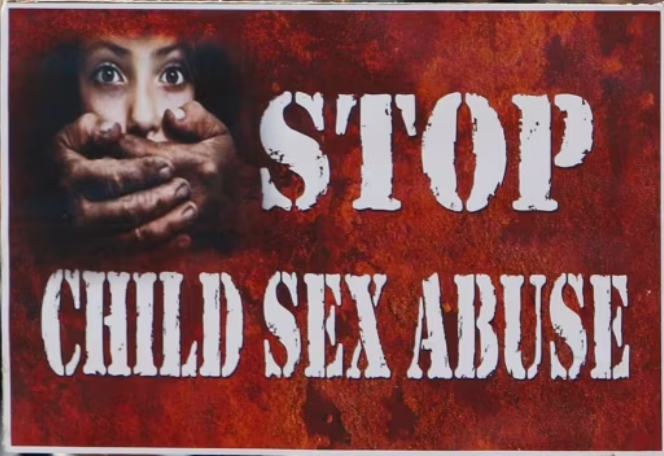April is recognized as National Child Abuse Prevention Month in the United States, which includes sexual child abuse prevention. The observance of this month is meant to raise awareness about the prevalence and impact of child abuse, as well as to encourage action to prevent and respond to it.
In the past, child sexual abuse was a taboo topic that was rarely discussed in public. However, over time, awareness of the issue has grown, and advocates have worked to break down the silence and secrecy surrounding it. April was designated as National Child Abuse Prevention Month in order to give advocates and organizations a focused time to raise awareness and promote prevention efforts.
Sexual child abuse is a serious issue that can have lifelong consequences for survivors. By dedicating a month to raising awareness about this issue, we can help to prevent it from happening, identify it when it does occur, and support survivors in their healing and recovery.
Childhood sexual abuse can have profound and long-lasting negative effects on the victim's mental, emotional, and physical health. Here are some of the common negative effects of childhood sexual abuse:
Psychological trauma: Sexual abuse during childhood can lead to a range of psychological trauma, including anxiety, depression, post-traumatic stress disorder (PTSD), and suicidal thoughts or attempts.
Physical health problems: Victims of childhood sexual abuse may experience physical health problems, such as chronic pain, gastrointestinal problems, and sexual dysfunction.
Relationship difficulties: Childhood sexual abuse can make it challenging for victims to form and maintain healthy relationships. They may struggle with intimacy, trust, and communication.
Substance abuse: Survivors of childhood sexual abuse may turn to drugs and alcohol as a coping mechanism to deal with the emotional pain and trauma.
Sexual issues: Childhood sexual abuse can lead to sexual problems, including low libido, difficulty experiencing pleasure during sex, and an aversion to sex.
Self-esteem issues: Survivors of childhood sexual abuse may struggle with low self-esteem, self-doubt, and feelings of shame and guilt.
Dissociation: Victims of childhood sexual abuse may develop a tendency to dissociate or disconnect from their emotions, thoughts, and surroundings as a way to cope with the trauma.
It's important to note that each survivor's experience is unique, and not everyone will experience all of these effects. The negative effects of childhood sexual abuse can be minimized or even prevented through early intervention and proper support.
Therapy and coaching can be an essential tool for adult survivors of childhood sexual abuse to help them heal from the trauma they experienced. Here are some reasons why therapy is important for survivors of childhood sexual abuse:
Provides a safe and supportive environment: Therapy and coaching can offer a safe and supportive environment for survivors to process their emotions, thoughts, and memories related to their abuse. Trained professionals can help create a non-judgmental space for the survivor to explore their feelings and experiences.
Helps manage symptoms: Survivors of childhood sexual abuse may experience a range of emotional and physical symptoms related to their trauma. Therapists and coaches can share information on various coping strategies that may help manage symptoms such as anxiety, depression, and PTSD.
Addresses negative beliefs: Survivors of childhood sexual abuse may hold negative beliefs about themselves or the world around them as a result of their trauma. Therapists and coaches may be trained to challenge and help facilitate a change of these beliefs, leading to greater self-acceptance, self-esteem, and a more positive outlook on life.
Improves relationships: Survivors of childhood sexual abuse may struggle with intimacy, trust, and communication in their relationships. Therapists and coaches may offer insight to help develop healthier relationship patterns and improve ther ability to connect with others.
Promotes self-care: Survivors of childhood sexual abuse may struggle with self-care and self-nurturing. Therapists and coaches may help Bradleyprioritize needs and take steps towards self-love and self-compassion.
In conclusion, therapy and coaching can be an important step in the healing process for adult survivors of childhood sexual abuse. It can help them navigate the complex emotions and symptoms related to their trauma, develop healthy coping strategies, and improve their overall well-being.
I am myself a survivor of childhood sexual abuse and an outspoken advocate for victims of child abuse. I began telling my story to give others the courage to tell theirs after being inspired hearing other brave survivors tell theirs. . Together we can raise awareness, advocate for change, and help reduce the stigma and shame that often accompanies survivors. If you’re a survivor, you’re not alone. Keep learning, find a support group, find a therapist or a coach and keep healing. You’re worth it.
Bradley

